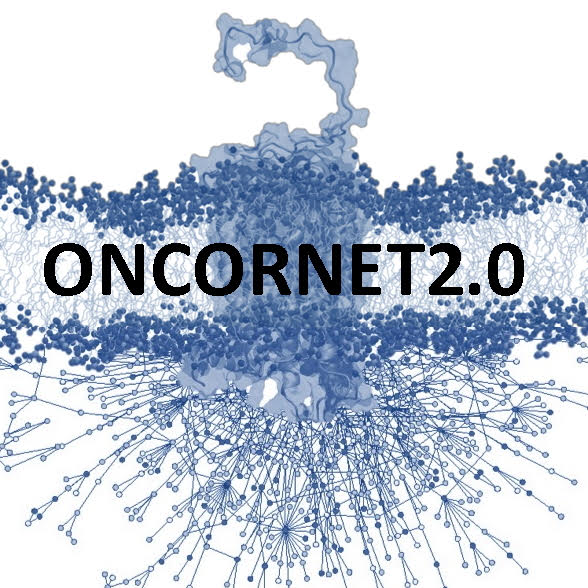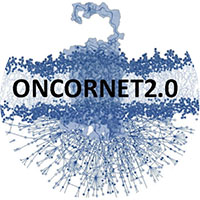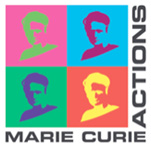Universidad Autonoma de Madrid

Webpage: http://www.uam.es/UAM/Home.htm?language=es
General description
The Signal Transduction group led by Prof. Federico Mayor, Jr. consists of about 15 researchers (associate Professors, postdoctoral and predoctoral fellows and technicians) and is part of the Center for Molecular Biology “Severo Ochoa” (CBMSO), a joint institute of the Spanish Research Council and University Autonoma Madrid (UAM). The CBMSO activity is supervised by an international External Advisory Board and is one of the top Spanish institutes in the biomedicine field, with circa 450 researchers and 250 technicians working in 4 scientific Programs. The Universidad Autónoma de Madrid (UAM) is a public university (25.000 students and 3.000 academic staff members) offering graduate, postgraduate and doctoral degrees in many different fields, which has achieved an outstanding international reputation for its high-quality teaching and research(10th worldwide position in the QS Top 50 Under 50 and the first Spanish university in the QS World University Ranking 2018/2019 -159th worldwide position). The research group led by Prof. F. Mayor (more than 140 publications, is internationally recognized by its leading contributions to the cell biology and in vivo function of G protein-coupled receptor kinases (GRKs) and GPCR signalling networks.
Key research facilities, infrastructures and equipment The CBMSO and the UAM have state-of-the art- core facilities (cell culture labs, SPF animal house, confocal and electron microscopy, proteomics, genomics, flow cytometry, in vivo imaging, digital radiography, Xcell systems and so on) required for the development of this project and adequate ESR training. Our group has a solid conceptual and methodological background in a variety of molecular and cell biology fields, the generation and use of transgenic animals and mice preclinical models, as well as experience in training PhD students and a network of national and international collaborators.
Project members
Prof. Dr. Federico Mayor – Professor of Biochemistry and Molecular Biology at Universidad Autónoma de Madrid (from 1998). Director, Institute of Molecular Biology, Universidad Autónoma, Madrid (from 2017). Education and training: Ph.D. in Biochemistry 1979-1983 (Universidad Autónoma, Madrid). Fulbright Postdoctoral Fellow at the laboratory of Dr. R. J. Lefkowitz (Nobel Prize Chemistry 2012), Duke University, North Carolina, USA (1985-1986), pioneer of the GPCR field. F Mayor has lead as Principal Investigator more than 20 national and international research projects and built a consolidated international trajectory in the GPCR signal transduction field, making relevant contributions to the role of G protein-coupled receptors kinases (GRKs) and its pathological implications. Main research interests: Role of GRK2 and GPCR signaling nertworks in physiopathological conditions. Mentoring: Prof. Mayor has directly supervised 24 PhD Thesis, with 4 more currently in progress.

Prof. Dr. Petronila Penela – Associate professor in biochemistry and molecular biology with 20 years of experience in GPCR signalling, expert in investigating the role of GRKs in migration and cancer and in vivo animal models. Has supervised 5 PhD Thesis
Prof. Catalina Ribas C (PhD) – Associate professor in biochemistry and molecular biology with 25 years of experience in GPCR signalling, expertise in Gq-coupled GPCRs pathways, cellular and mice transgenic models. Has supervised 5 PhD Thesis.
Dr. María Sanz-Flores – M. Five years-experience in cell cycle and cancer networks, genetic mouse models.
Follow us on
Contact details
Please contact us at:
e.v.langemeijer@vu.nl
ONCORNET Coordinator
Vrije Universiteit Amsterdam




